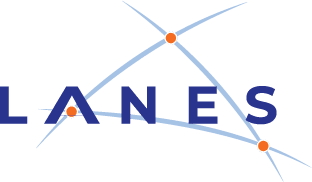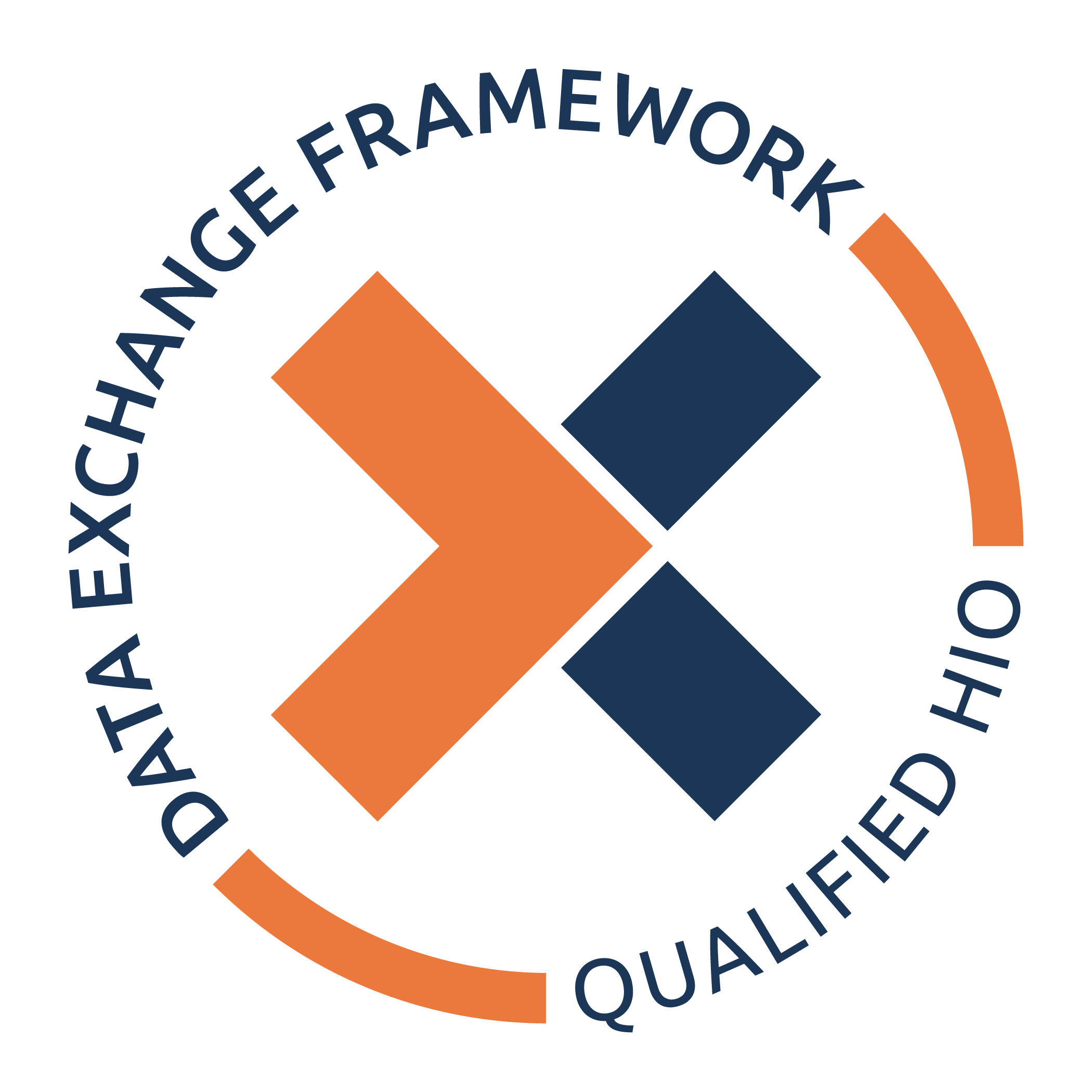You can’t turn a corner without running into a new article about artificial intelligence (AI) and its ability to transform the world as we know it. There’s no doubt that in today’s digital age, AI and the different ways it can be applied, such as machine learning (ML) and generative AI (like ChatGPT and Bard), hold enormous potential to make the petabytes of health and social service data being collected and shared by health information organizations (HIOs) higher quality, more insightful, and more actionable. If you’re not already familiar, AI is defined as “the simulation of human intelligence processes by machines, especially computer systems,” while ML is “a subset of AI that enables systems to learn from data without explicit programming.” Generative AI are algorithms that can help create new content.
At scale, AI and its applications hold the potential to revolutionize the way data is shared, managed, and utilized within the healthcare and social service sectors. While the future of AI’s true impact remains to be seen given its recent and widespread popularity, here are three ways AI and ML can further enhance health and social service data sharing, ultimately leading to better outcomes for individuals and communities-–some of which are already being used today.
Efficient Data Integration and Interoperability
One of the biggest challenges in health and social service data sharing is the fragmented nature of information systems. Different organizations and agencies often use disparate databases and formats, making it difficult to integrate and analyze data effectively. AI and ML can aid in achieving data interoperability by developing algorithms that can harmonize and standardize various data types from multiple sources.
Using natural language processing (NLP) algorithms, AI can extract and comprehend unstructured data, such as medical notes and case narratives, and convert it into structured, machine-readable formats. Additionally, ML models can be trained to recognize patterns and relationships across datasets, enabling seamless data integration. This level of interoperability enhances collaboration and facilitates the exchange of vital information between healthcare providers, social workers, and other stakeholders.
Enhanced Data Security and Privacy
When it comes to sharing sensitive health and social service data, ensuring the utmost security and privacy is paramount. AI and ML can significantly bolster data protection by identifying potential security breaches and unauthorized access. ML algorithms can continuously monitor data usage patterns and raise alerts when suspicious activities are detected, thwarting potential cyber threats.
Moreover, AI can play a crucial role in deidentifying data to preserve individual privacy. By employing differential privacy techniques, organizations can create synthetic datasets that maintain the statistical properties of the original data while ensuring that the information cannot be traced back to specific individuals. This approach allows researchers and policymakers to access valuable insights without compromising the privacy of those involved.
Learn more about how LANES adheres to the highest security standards to protect privacy.
Predictive Analytics for Better Decision-Making
AI and ML can revolutionize health and social service data sharing by enabling predictive analytics, providing professionals with invaluable insights to make informed decisions. By analyzing large datasets and historical information, machine learning models can predict disease outbreaks, identify at-risk populations, and anticipate the demand for specific services in a given area.
Healthcare providers and social services organizations can increasingly utilize these predictive capabilities to allocate resources more efficiently, develop targeted interventions, and prioritize their efforts effectively. For instance, predictive analytics can help identify individuals at risk, enabling early intervention and support services to be deployed to safeguard their well-being.
The incredible growth and investment in AI and ML is capable of transforming the ecosystem of health and social service data sharing. By applying them to data interoperability, enhancing security measures, and enabling predictive analytics while also developing best practices and standards—such as robust governance and ethical principles—these technologies will further enable data-driven decisions that have a positive impact on individual and community well-being.



